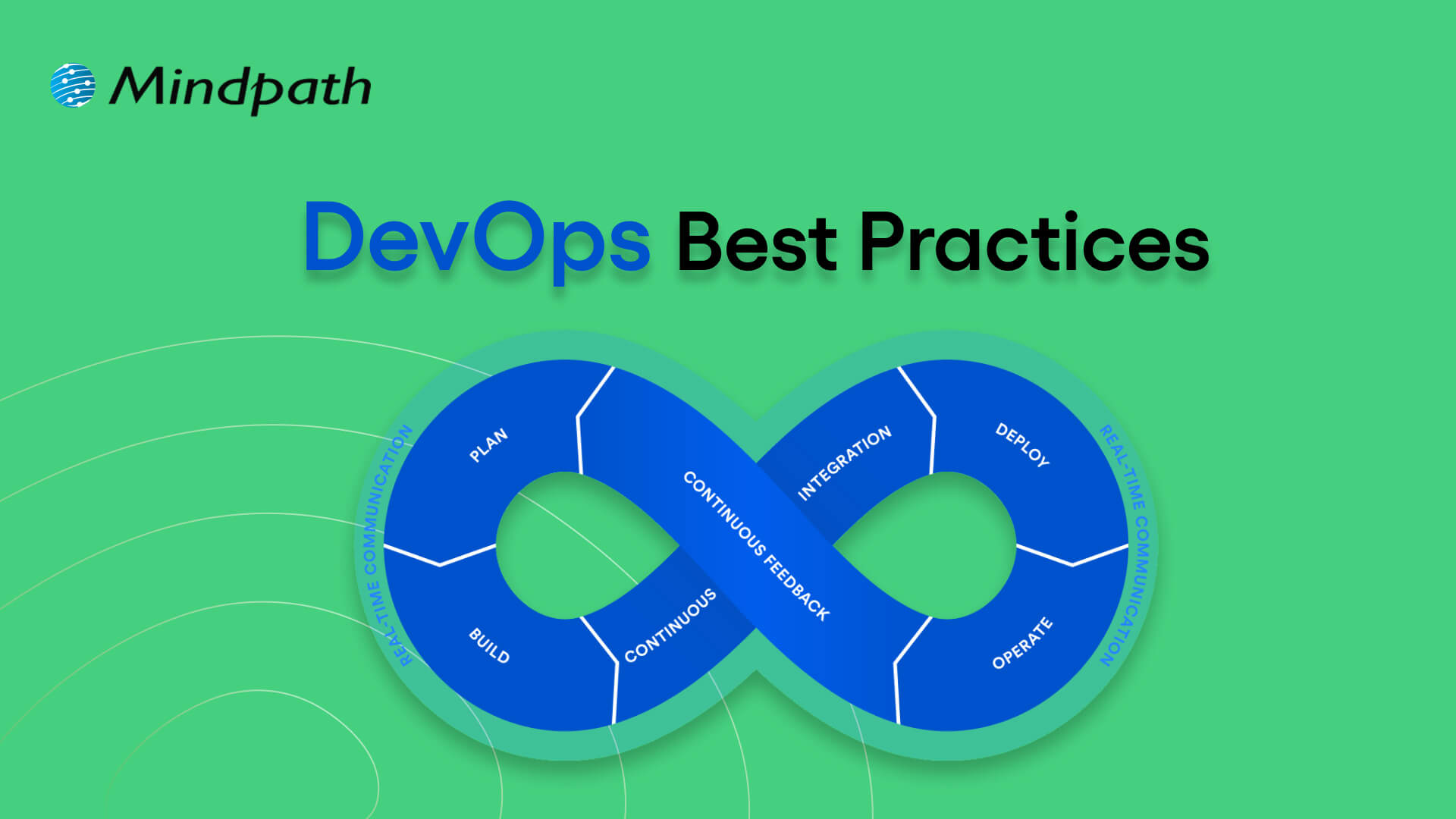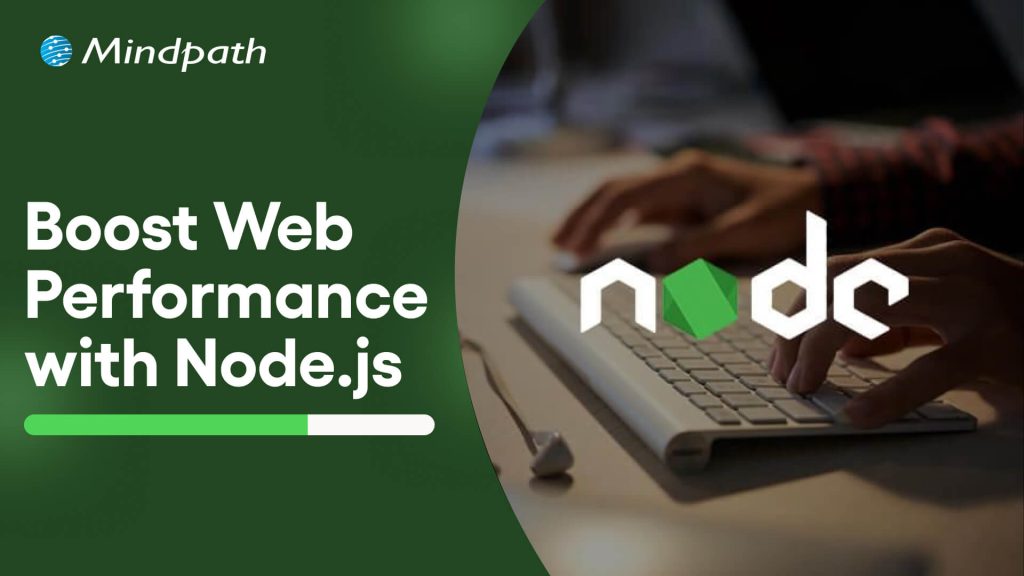Have you ever wondered how your bank manages to offer seamless online services, instant transactions, or personalized financial advice? The answer lies in Fintech software development. But what makes it so crucial in the world of modern banking? In this blog, we will explore Fintech software development and how this technology is transforming the way we manage our finances. So, let’s dive in!
What is Fintech?
What is Fintech Software Development?
Financial software development involves building digital systems and solutions tailored to the financial industry. Like other software development methods, it focusses on creating solutions that assist both companies and their customers. Financial software may offer up multiple opportunities for business by leveraging current technology stack, helping businesses to fulfil their goals. These solutions enable businesses to cut expenses, increase security, and create more personalized customer experiences.
Types Of Fintech Software Development
1. Types Of Fintech Software Development
Insurance technology (InsurTech) is software that enables insurance businesses to operate more efficiently. InsurTech allows businesses to analyze risks, offer better discounts, and make it easier for customers to apply for insurance and handle their claims. This kind of software may be used for a variety of insurance products, including life, automobiles, house, and pet insurance. It improves and speeds up the entire process for both the organization and the customer.
2. Payment Processing Software
Payment processing software handles all transactions for a financial institution. It acts as a mediator, linking payment service providers along with cardholders to facilitate online and mobile payments. This software enables even small enterprises to take credit cards and online payments easily.
3. Digital Banking Software
Without physically visiting a bank, customers may receive financial services and manage their bank accounts with the help of digital banking software. This software allows users to accomplish anything they would do at a real bank, including opening accounts, asking for loans, moving funds, and making transactions, from any of their devices.
4. Investment Software
Investment software is an efficient tool that aims to make investment accessible to anyone, not only those who are wealthy. It streamlines the investing process by cutting costs, removing mediators, and making trading, bidding, and purchasing easier for users.
5. Tax Management Software
Tax management software is useful because it streamlines the often-complex process of handling and submitting taxes. This financial software allows firms to simply produce, submit, and handle tax documents. Most processes are automated, so you don’t require prior expertise or an accountant to efficiently manage your taxes.
Ready to Revolutionize Your Fintech Solutions?
Mindpath specializes in creating custom software tailored to your needs.
Benefits of Fintech Development Services
1. Enhanced Security
Fintech development employs modern technology such as encryption, artificial intelligence, and biometrics to safeguard financial information. These tools assist in detecting fraud and creating a secure environment for transactions. Furthermore, it includes high security requirements to secure data, so preventing identity theft and other online hazards.
2. Greater Accessibility
Fintech enables everybody to access financial services from anywhere, regardless of their location or financial position. Fintech eliminates conventional obstacles such as high charges and difficult procedures, allowing anybody with internet connection to easily utilize a variety of services ranging from banking to investing on any device. This increased accessibility enables more people to receive financial assistance and manage their money more efficiently.
3. Reduced Costs
Fintech may reduce operating expenses and share the savings with their clients. Fintech solutions are often less expensive than traditional services because they employ digital technology to automate operations, lowering human labor and administrative costs. This enables banks to provide reduced rates and fees, saving clients’ money. Furthermore, fintech increases transparency and flexibility, allowing users to make intelligent choices and customize solutions to meet their specific needs.
4. Boosted Operational Efficiency
Fintech helps financial institutions to automate procedures, improve operations, and provide better customer service. By replacing human processes with automated solutions, expenses are reduced, and efficiency is increased, resulting in quicker, more precise operations. Fintech also helps to reduce risk by enhancing data tracking and monitoring. Additionally, it provides insights into client behavior and financial patterns, allowing institutions to make smarter judgements.
5. Automated Financial Processes
The automation of financial processes is a significant advantage of Fintech. It makes it easier and quicker financial management for consumers by allowing them to set up automated payments, move cash across accounts, and receive alerts for significant events. This automation improves accuracy while also reducing the amount of manual effort required for financial transactions. Consequently, businesses and customers might save time, money, and improve efficiency.
Fintech Development Services at Mindpath
At Mindpath, we provide Fintech development services to improve and simplify financial services. We specialize in developing digital tools and apps that simplify money management, transaction processing, and access to financial services. Our team builds unique solutions that are adapted to your specific requirements, such as mobile apps for banking, investment platforms, and payment systems. We prioritize making these products simple to use and secure, allowing you to manage your funds effectively and safely. Here are some of our services:
1. Requirement Analysis & Planning
We collaborate to understand your unique financial needs and plan a solution that aligns with your business goals.
2. Custom Application Development
We develop bespoke fintech applications, including mobile banking apps, investment platforms, payment systems, and more, tailored to your specifications.
3. Integration with Existing Systems
Our solutions integrate seamlessly with your current financial systems to ensure smooth and efficient operations.
4. Maintenance & Support
We offer ongoing support and maintenance to keep your fintech applications secure, up-to-date, and running efficiently.
Wrapping Up!
Fintech software development is changing the way we manage our financial resources, making it easier and more efficient than ever before. Fintech is transforming the financial industry in a variety of ways, including increased security, cost savings, and work automation. Whether used to manage investments, make payments, or access financial services, this software provides extraordinary convenience and accessibility. As technology evolves, fintech will continue to drive innovation and improve financial services for everybody.
At Mindpath, we want to help you take full advantage of these exciting advancements. Our team develops personalized fintech solutions to help you manage your finances more easily and securely. Whether you require a new app, enhanced integration, or continuing maintenance, we have you covered.
Looking for Cutting-Edge Fintech Development?
At Mindpath, we deliver innovative solutions designed to elevate your financial services.













